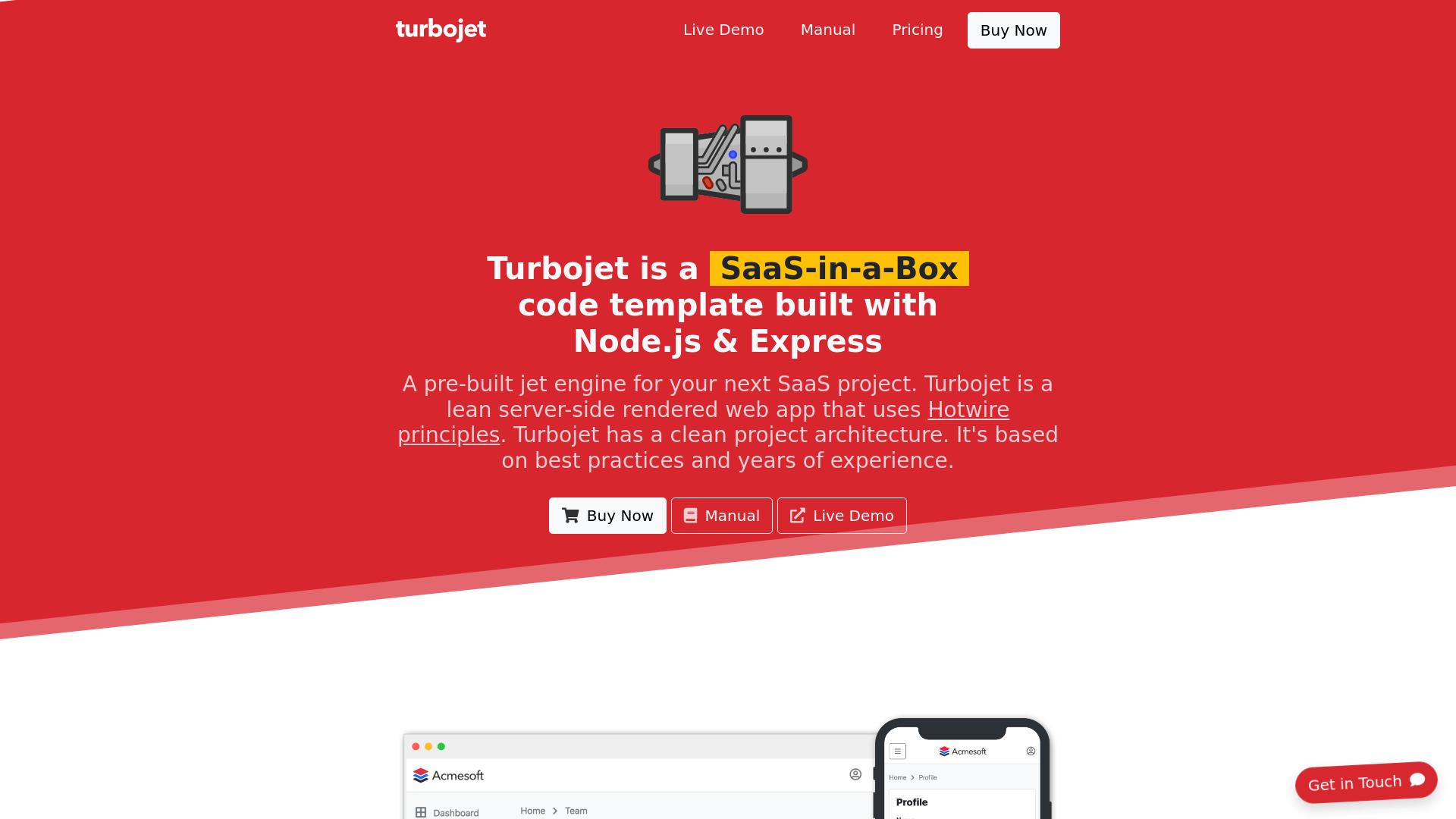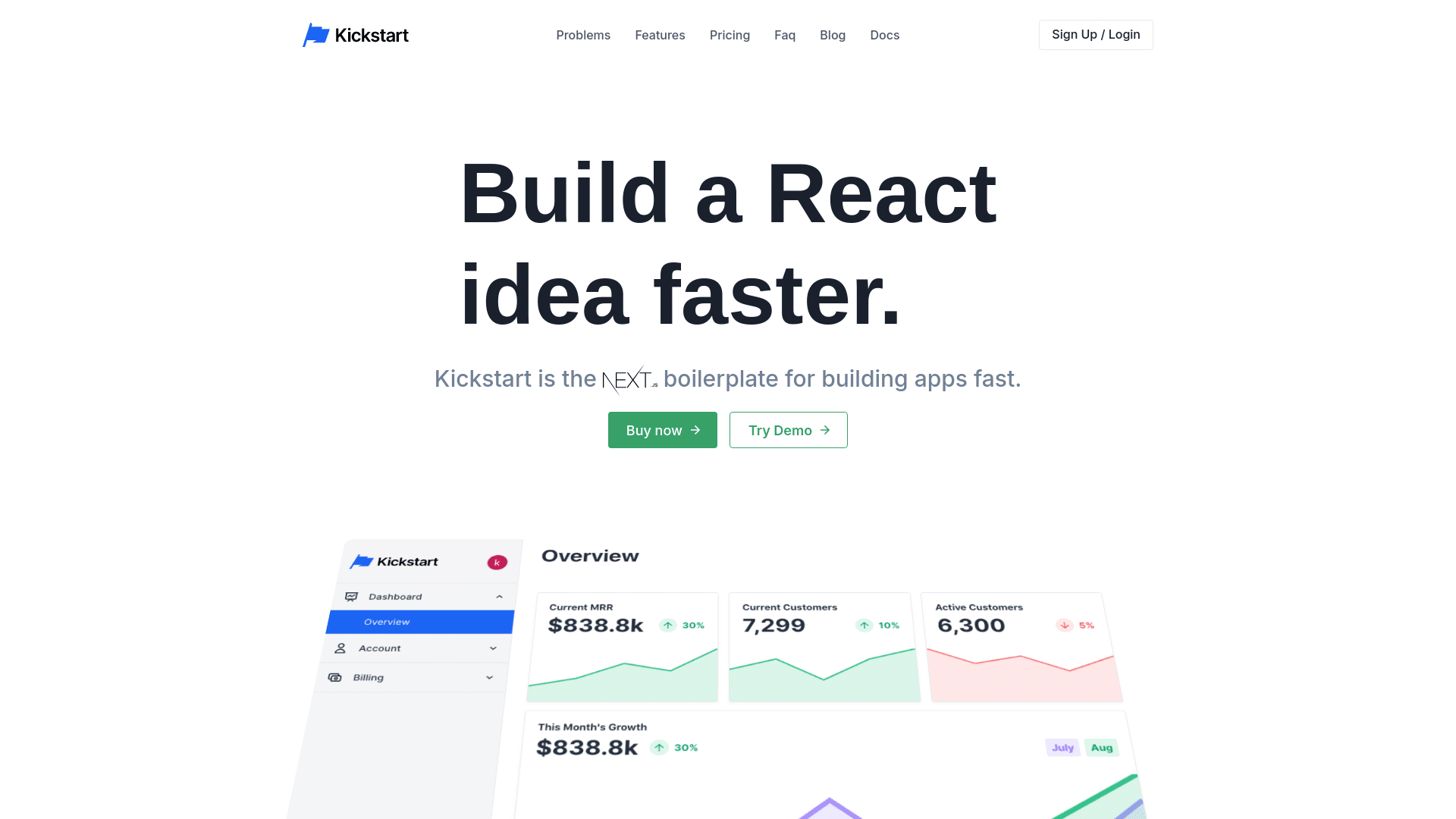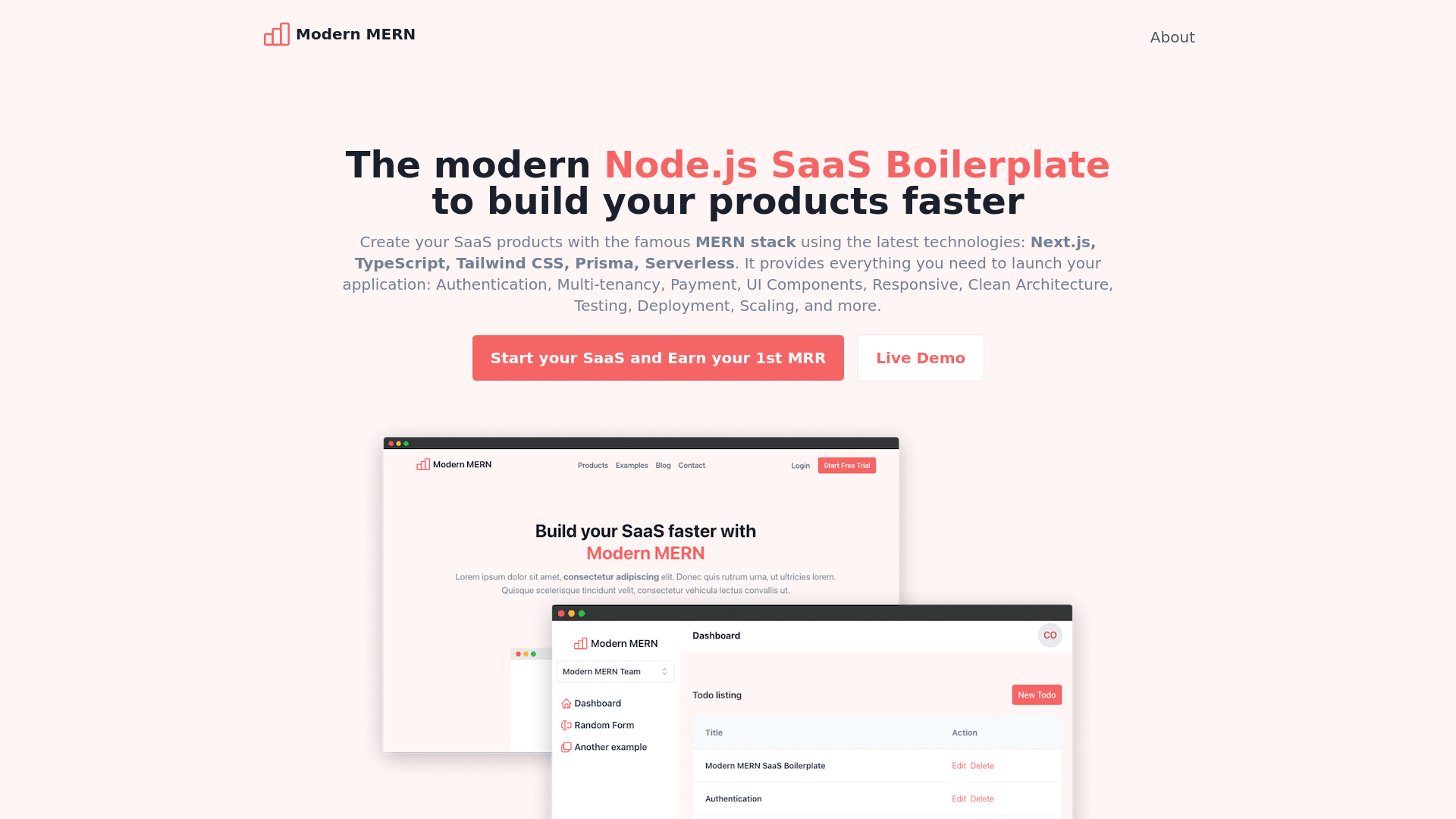


An Express.js SaaS boilerplate is a pre-built, customizable codebase that provides the foundation for building software-as-a-service (SaaS) applications using the Express.js framework. Express.js is a popular web application framework for Node.js that simplifies the process of building scalable, fast, and modular web applications. With an Express.js SaaS boilerplate, developers can save time and effort by using pre-built components, features, and functionalities that are commonly required in SaaS applications.
An Express.js SaaS boilerplate typically includes several features and functionalities, such as user authentication, user management, billing, and payments integration, email notifications, and more. These features can be customized to fit the specific needs of the SaaS application being built. By using an Express.js SaaS boilerplate, developers can save time and effort that would otherwise be spent on building these features from scratch.
Express.js SaaS boilerplates are particularly useful for startups and small businesses that need to quickly develop and launch their SaaS applications. By using a pre-built boilerplate, they can focus on developing the unique features and functionalities of their SaaS application, rather than worrying about the underlying infrastructure. Furthermore, using an Express.js SaaS boilerplate can also help ensure the reliability, scalability, and security of the SaaS application.
Overall, an Express.js SaaS boilerplate is a valuable tool for developers looking to build high-quality, scalable, and feature-rich SaaS applications using the Express.js framework.
Express.js provides a minimalist yet flexible approach to building web applications, making it a top choice for developers. With over 61.6k stars on Github, it is one of the most widely used frameworks, with over 1,038,948 live websites built using it.
xpress.js, or simply Express, is a lightweight and flexible Node.js web application framework. It provides a robust set of features for building single-page, multi-page, and hybrid web applications. It is designed to facilitate the rapid development of Node based web applications, and comes with a wide range of features like template engines, simplified multiple routing, database integration, and more. It's part of the MEAN stack, which stands for MongoDB, ExpressJS, AngularJS, and Node.js. Express is used to manage resources, routing and handling HTTP requests and responses and integrates seamlessly with other modules or middleware.